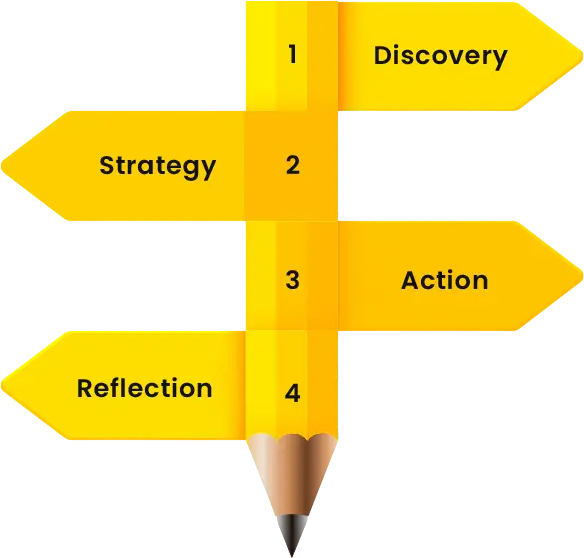Heartbreak is an experience most of us go through at some point in our lives. It’s a rite of passage that often feels unbearable, yet we somehow get through it. But what happens when heartbreak isn’t just a fleeting phase but a lingering weight that refuses to lift? Unresolved heartbreak, especially when tied to betrayal trauma, can have long-lasting effects on your emotional, psychological, interpersonal, and physical well-being. Let’s explore how this unaddressed pain can shape your life.
Unresolved heartbreak often leaves individuals grappling with persistent feelings of sadness, anger, fear, guilt, shame, or hopelessness. These overwhelming emotions can make it difficult to find joy in daily activities.
Many people struggle to regulate their emotions after experiencing deep emotional pain. This can lead to intense anger or emotional outbursts, making it challenging to maintain stable relationships.
Unresolved heartbreak can be a precursor to depression and anxiety disorders. The constant emotional strain can erode your mental health over time.
Feeling betrayed or heartbroken can significantly impact your self-esteem and self-image, leading to negative thought patterns about your worth and capabilities.
Some individuals may start to dissociate from their surroundings, leading to emotional numbness. This is a coping mechanism to avoid the pain but can result in a lack of engagement with life.

By addressing the effects of unresolved heartbreak and seeking appropriate help, you can pave the way for a healthier, happier future. Take action today and reclaim your life.

“Stab the body and it heals, but injure the heart and the wound lasts a lifetime.”― Mineko Iwasaki
Unresolved heartbreak or betrayal can trigger post-traumatic stress disorder (PTSD) symptoms such as intrusive thoughts, flashbacks, and nightmares. These symptoms can be debilitating and interfere with your daily life.
To avoid re-experiencing pain, individuals may start avoiding activities or situations that remind them of the trauma. This behavior can limit one’s quality of life.
Trauma can lead to difficulty concentrating and gaps in memory. Hypervigilance and a constant feeling of being on guard are also common, making it hard to relax and focus.
One of the most profound impacts of unresolved heartbreak is the difficulty in trusting others. Forming new relationships can become an uphill battle.
The fear of experiencing another heartbreak can lead to pushing others away or lashing out, further isolating oneself.
Being vulnerable and asking for help can feel impossible, leading to strained or dysfunctional relationships.
Existing relationships may suffer as the individual grapples with their unresolved trauma, often leading to dysfunction and emotional distance.

Recognizing these potential long-term effects underscores the importance of seeking help. A mental health professional can provide the support and tools needed to process and resolve trauma.
Trauma-focused therapies, such as Cognitive Behavioral Therapy (CBT) or Eye Movement Desensitization and Reprocessing (EMDR), can be particularly effective in addressing unresolved heartbreak.
Healthy coping mechanisms, such as mindfulness, exercise, journaling, and meditation, can aid in emotional regulation and physical well-being.
Unresolved heartbreak is more than a fleeting emotional experience; it can have profound long-term effects on various aspects of your life. But you don’t have to endure this alone. Seeking professional help and engaging in healthy coping strategies are crucial steps toward healing. If you’re struggling, consider booking a call with one of our expert therapists who can guide you on your path to recovery.

Colloboration Inquiries:
What’s The Fear LLC is an active member of the community and wants to help promote and participate in impactful projects.
Client Support:
What’s The Fear LLC is dedicated to responding to your questions, concerns and feedback in a timely manner.
Copyright © 2024 WhatsTheFear LLC | Unlimited Personal Growth